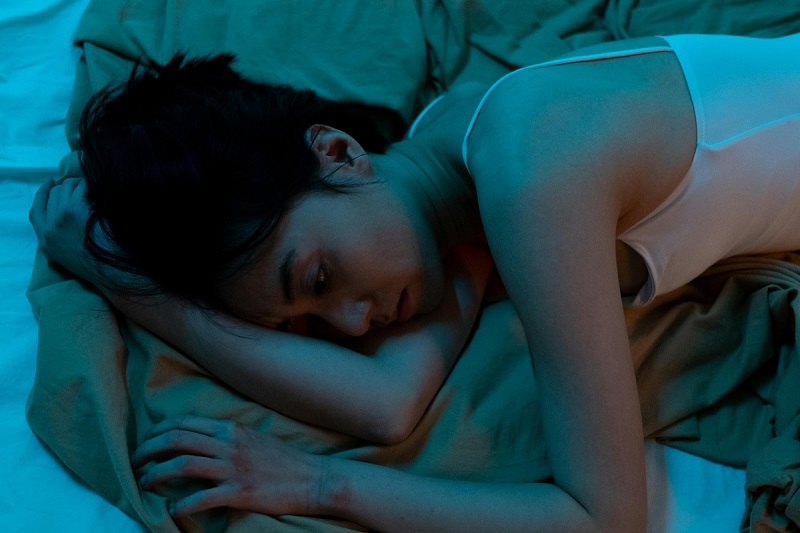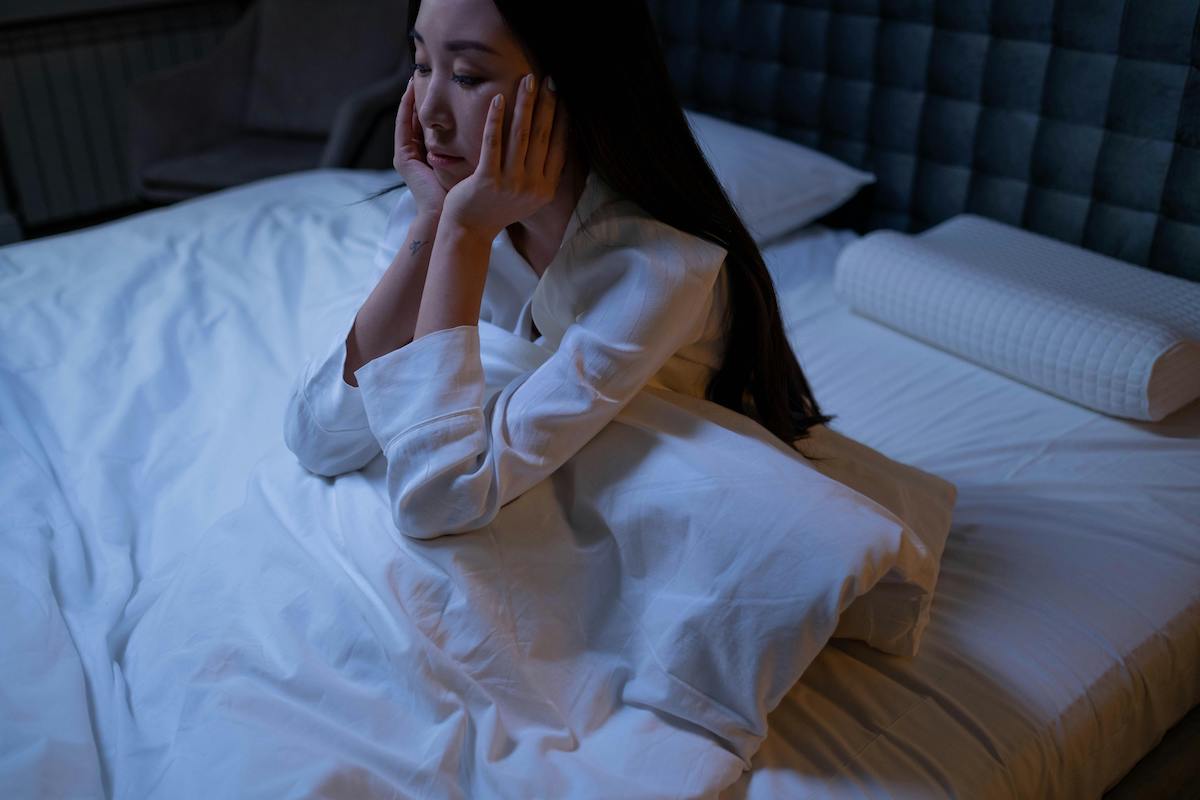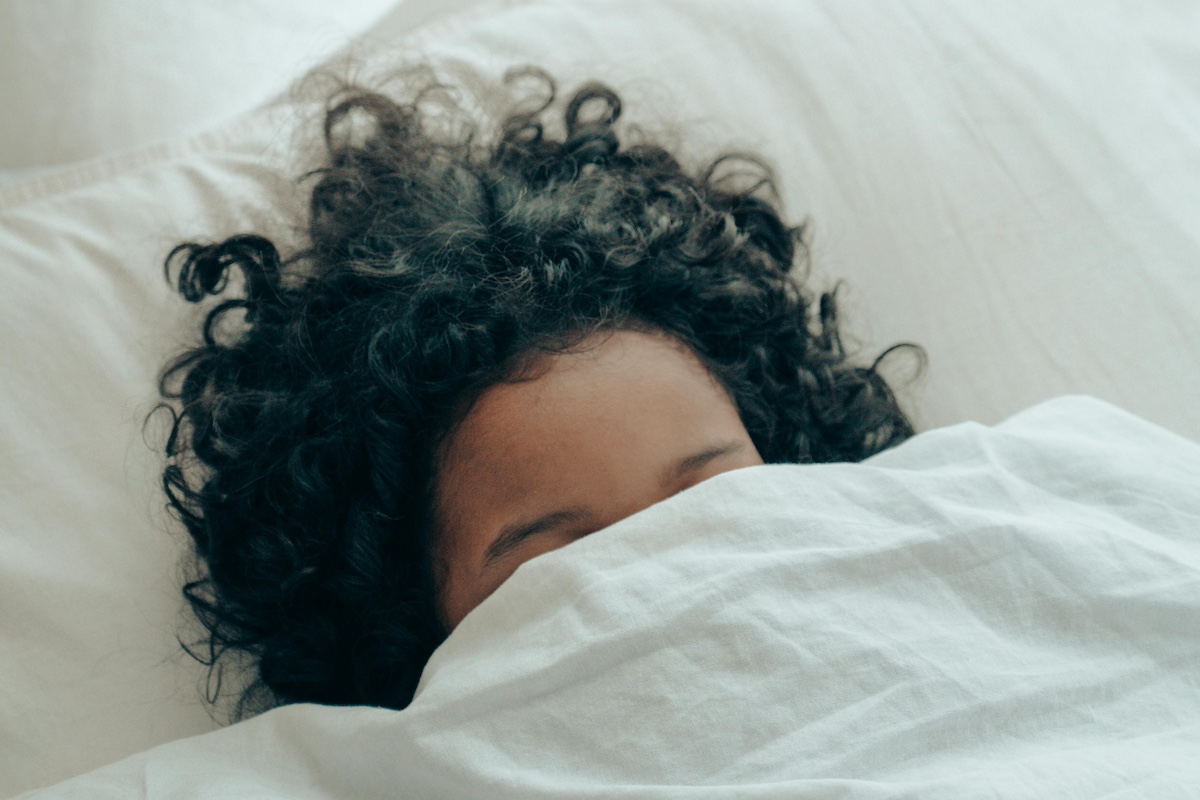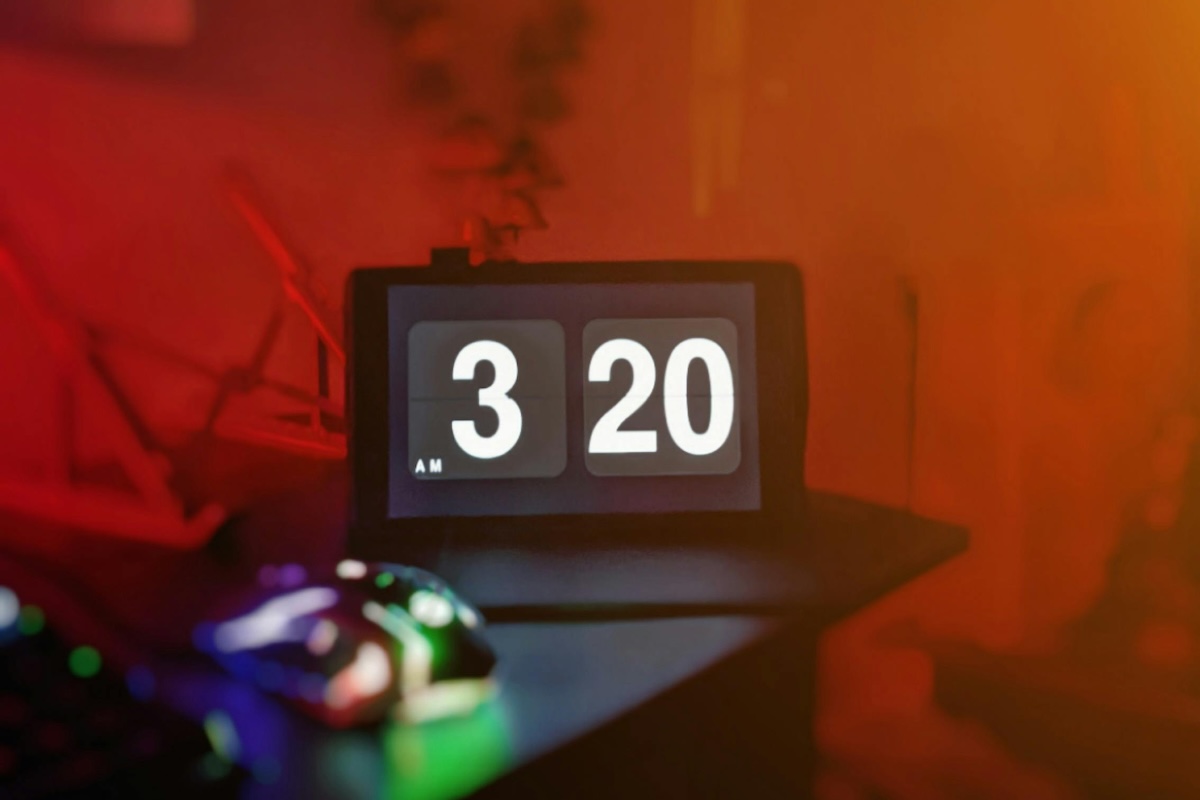What do you think about people with Hashimoto’s thyroiditis going off levothyroxine? I’ve read a couple studies that say people who had no hypothyroid symptoms when they were first diagnosed can taper off or reduce the levothyroxine. I’m wondering if my current premenstrual insomnia might not be perimenopausal and instead be caused by too much Synthroid. For four or five nights before my period, I find myself awake for two to three hours at 1 a.m., sometimes until morning. I’m 47, and my cycle is still regular, but shorter. Most other insomnia treatments haven’t worked for me. The way I think about it, I wouldn’t mind being 10 pounds heavier if I could sleep better. But the tradeoffs might be more complicated than that? Thanks.
—Sleepless on Synthroid
Hypothyroidism is very common, affecting up to 5% of the population, and women are much more likely than men to be hypothyroid. Thyroid hormone controls the rate at which our bodies carry out various functions, including how fast or slow our metabolism is, how quickly food moves through our gut, the rate at which hair and skin cells shed, and how fast our heart beats.
Hashimoto’s disease, autoimmune inflammation in the thyroid that can lead to an underactive thyroid, is the most common cause of hypothyroidism, but we treat all hypothyroidism in the same way, by giving thyroid hormone in the form of a pill called levothyroxine. Levothyroxine does not do anything to change the underlying inflammation that leads to hypothyroidism. It just replaces the thyroid hormone that your thyroid would make on its own but can’t. So most people need to take levothyroxine forever.

That said, having too much thyroid hormone can cause insomnia. Based on your description of your insomnia — particularly that it is bothersome just before your period — it is more likely related to your reproductive hormones than your thyroid hormone. Still, the only way to know for sure if your insomnia is related to your thyroid hormone levels is to reduce your dose of thyroid hormone and see if your insomnia improves.
As with any prescription medication, you should not make changes on your own. Not having enough thyroid hormone can cause high blood pressure, weight gain, heavy periods, and constipation. So it is important to have an adequate amount of thyroid hormone.
You could have a conversation with your doctor about reducing the dose of your levothyroxine on a trial basis, with plans to monitor your symptoms and to check your thyroid levels about two months after making the change. Your primary care doctor can likely manage this type of trial, but if they aren’t comfortable doing so, ask for a referral to an endocrinologist.
Ultimately, most people with hypothyroidism will need to take thyroid hormone for the rest of their lives, but if you are having symptoms like insomnia, it is reasonable to discuss trying a lower dose of medication to see if those symptoms improve.
Community Guidelines













Log in